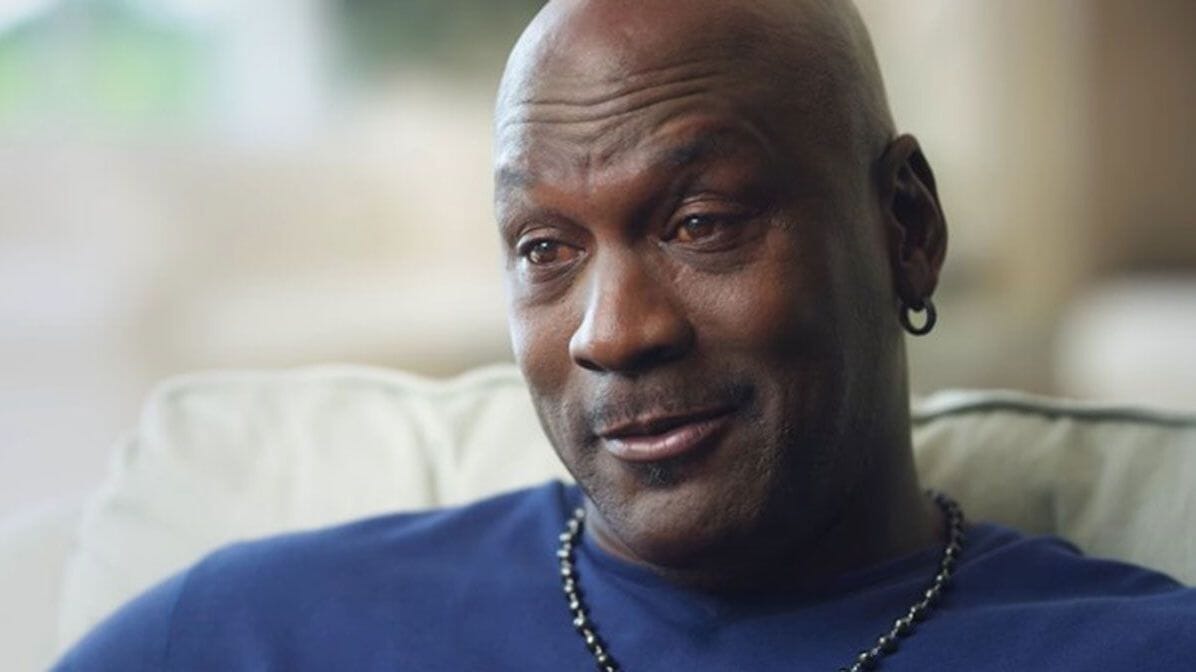BY: Denver Sean
Published 5 years ago

According to a Harvard research study, spanking a child can affect their brain the same way more severe forms of violence can.
via Complex:
That research built on previous studies that showed heightened activity in certain areas of the brain for kids who had been spanked. It was reported that this form of corporal punishment could impact the way they process situations or make decisions.
The study’s authors say that those punished in this manner are linked to developing mental health issues, anxiety, depression, behavioral problems, and substance use issues. The findings were similar to what was found in studies of kids who’d experienced severe violence, showing that a child’s brain can view the two the same way regardless of adult intent. It was noted that the relationship between brain activity and spanking was one that hadn’t been previously studied. Moreover, the findings weren’t applicable to kids individually (see: not everyone’s the same). Still, the researchers said they hoped their findings encourage families to go a different route when deciding upon a punishment.
Fast forward to Friday (May 7). Buzzfeed had interviewed a licensed school psychologist, Dr. Han Ren, about the impact spanking could have on a youngster. The main takeaway of her interview? Again, spanking isn’t good for a child’s mental health.
“Spanking changes how a kid’s brain develops from a very young age,” she stated. “And it makes the brain look more like the brains of kids who have been severely abused.”
She goes on to say that this makes kids “more fearful, more hyper-vigilant, more anxious and they tend to show signs of post-traumatic stress disorder.” Note (as she did) that this is likely out of line with whatever goal parents are trying to accomplish while spanking their children. She went on to say that “even mild spanking” may lead “to a brain fundamental structural response pattern that looks like an abused kid.” She said that even the possibility that this could happen makes it not worth going the spanking route.
As for the consequences, Ren says that spanking could lead to kids being more mistrusting of their caregivers, more sneaky about their misbehaviors, more likely to hide their problems as they get older, more likely to alter their behaviors to avoid punishment rather than doing so because they learn what impact(s) their behavior(s) can have on others, more likely to misinterpret a “neutral” interaction as a threatening one, less likely to be positive problem solver because hiding and avoiding are their priorities, more likely to perpetuate the cycle (be spankers themselves), and less likely to solve their own interpersonal issues with words.
It’s common to hear “I was spanked as a child and I turned out fine!” — but, did you really? Think about it.










